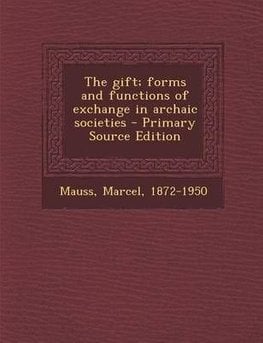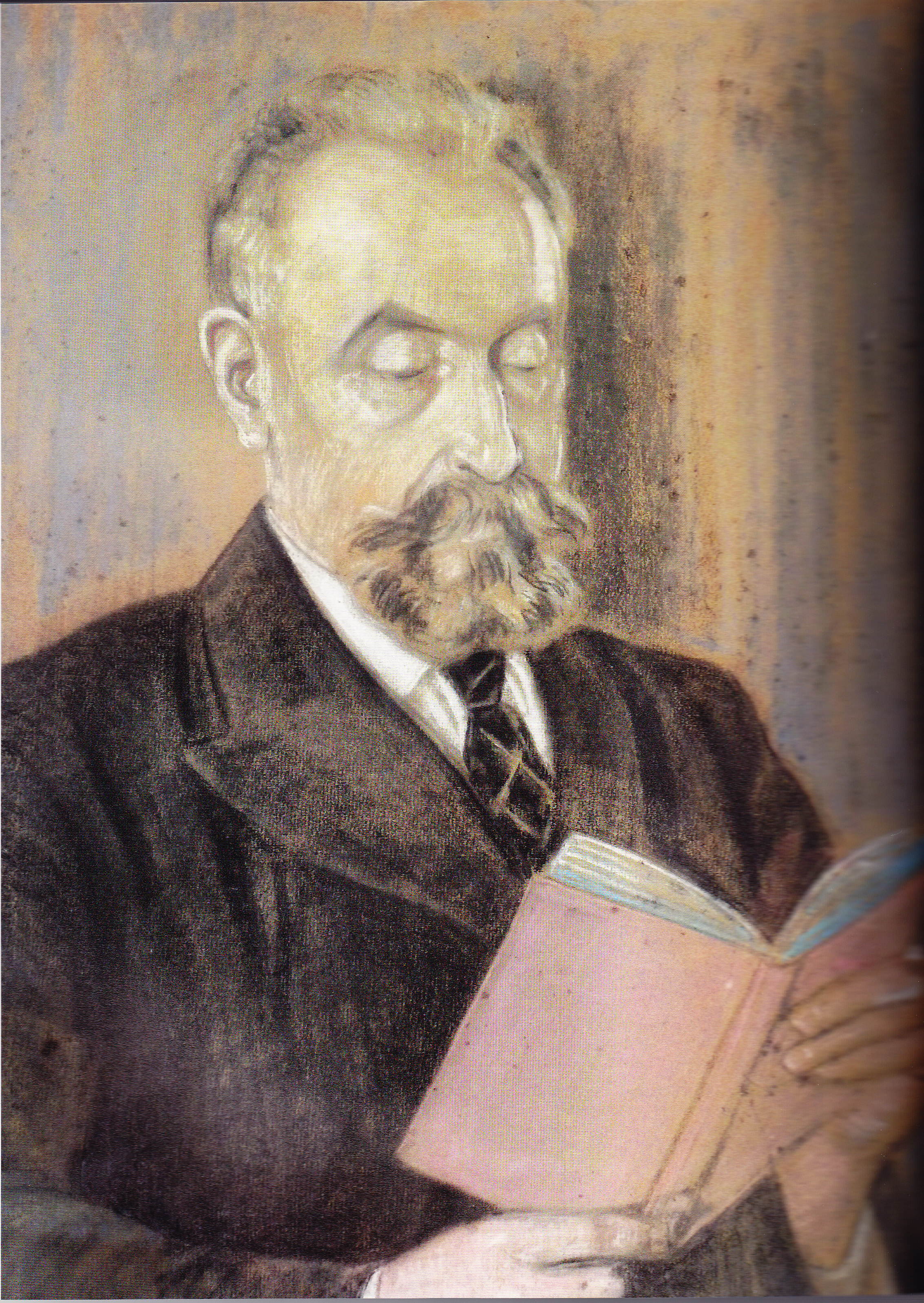
The owner of an important spiritually powered item imbues his essence into the object and thus, in a sense, ownership is always his. Unlike Western societies, where power is maintained through the ownership of desired objects, in the case of Northwest Coast American Indians, Melanesians, and Polynesians, the ownership of such goods is symbolic. The more important and relevant the hau, the more power it exercises over that person or group who possesses it. It is the hau, or spiritual power, (15) of the gift that beholdens the gift receiver to the gift giver. It is not enough to simply bestow upon your guests lavish gifts consisting of food, spices, and other material goods. In Part 1, Mauss further explores this idea by specifically addressing the spirit of the thing given ( hau). Far from altruistic, the potlatch becomes a symbolic gesture of dominance and control over the proverbial other. Checkmates can only be achieved if the receiver lacks the ability or time necessary to reciprocate in due time, forcing them into a debt of sorts that obligates them to the gift giver.

The reciprocal nature of the potlatch is a means to outdo the original gift giver and in doing so obtain greater prestige, honor, and glory. Thus, the potlatch becomes a total service of an agonistic type according to Mauss, who sees the act of gift giving via the potlatch akin to a game of chess. This often results in competing interests, status challenges, and hierarchies amongst the giver and the receiver.

As systems of “total services” (7), Mauss uses the potlatch as a metaphor of how relationships between people and groups must be constantly fed and consumed to maintain balance and peace. In his introduction, Mauss discusses how social scientists must draw from positivist research, ethnology, history, and sociology to better understand how gift giving functions within society. Whilst Mauss made many notable contributions to the field of sociology and anthropology, it is his work on the potlatch (Northwest Coast Indigenous Americans’ gift-giving feasts) and gift giving that helped develop the way that social scientists explored and understood the nature and function of economy, kinship, and religion (xix).


The gift exchange involves ulterior motives and is a complicated and intricate process that requires a priori knowledge of the person(s) or group(s) who partake in this ritual. It attempts to distinguish between commerce as it is understood in Western countries from the act of gift giving, which acts as a catalyst for enhancing solidarity and obligation between the gift giver and the gift receiver.


 0 kommentar(er)
0 kommentar(er)
